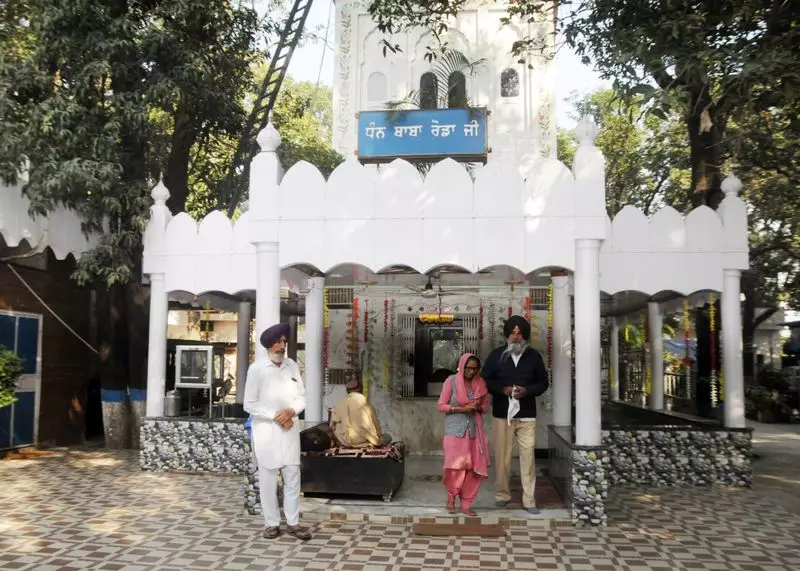
In the heart of Amritsar, a unique religious tradition defies conventional worship practices, drawing devotees from across regions to a shrine where liquor flows as sacred offering. The samadhi of Baba Bohar, an 18th-century saint known for his spiritual powers, has become renowned for its unconventional prasad system that includes alcoholic beverages.
The Unconventional Tradition of Baba Bohar Shrine
Located near the historic Ram Bagh in Amritsar, the shrine of Baba Bohar stands as a testament to India's diverse spiritual landscape. What sets this religious site apart is its long-standing tradition where devotees offer liquor as prasad to the saint. The practice, which might raise eyebrows in conventional religious circles, has been continuing for generations without controversy.
The shrine's caretakers explain that this unique tradition stems from Baba Bohar's own lifestyle and preferences during his lifetime. Historical accounts suggest the saint was known to consume liquor, and thus his followers continue this practice as an act of devotion. The shrine remains open throughout the week, with special gatherings occurring every Thursday when the number of visitors significantly increases.
The Historical Legacy of Baba Bohar
Baba Bohar, the saint to whom this unique shrine is dedicated, lived during the 18th century and was known for his spiritual powers and distinctive way of life. Historical records and local folklore describe him as a spiritual figure who didn't conform to traditional religious norms. His samadhi (final resting place) has become a site of reverence for people from various communities and backgrounds.
The shrine attracts visitors not only from Amritsar but from neighboring states as well, demonstrating the widespread appeal of this unconventional spiritual practice. Devotees believe that offering liquor to the saint brings blessings and fulfills their wishes, creating a steady stream of visitors throughout the year.
Community Acceptance and Religious Harmony
What makes this tradition particularly remarkable is its acceptance within the broader community. Despite the unconventional nature of the offerings, the shrine operates without controversy or opposition from religious groups. This acceptance highlights the diversity and inclusivity of religious practices in the region, where different traditions coexist peacefully.
The shrine's caretakers maintain that all offerings are made with pure devotion and respect. The liquor offered as prasad is distributed among devotees as a blessed item, similar to how traditional prasad is shared in other religious establishments. This practice continues to thrive as part of the rich tapestry of Punjab's spiritual landscape.
Local residents view the shrine as an important part of their cultural heritage, representing the unique spiritual traditions that have evolved in the region over centuries. The continued popularity of the shrine demonstrates how unconventional practices can become deeply embedded in local religious culture when they're rooted in genuine devotion and historical tradition.






